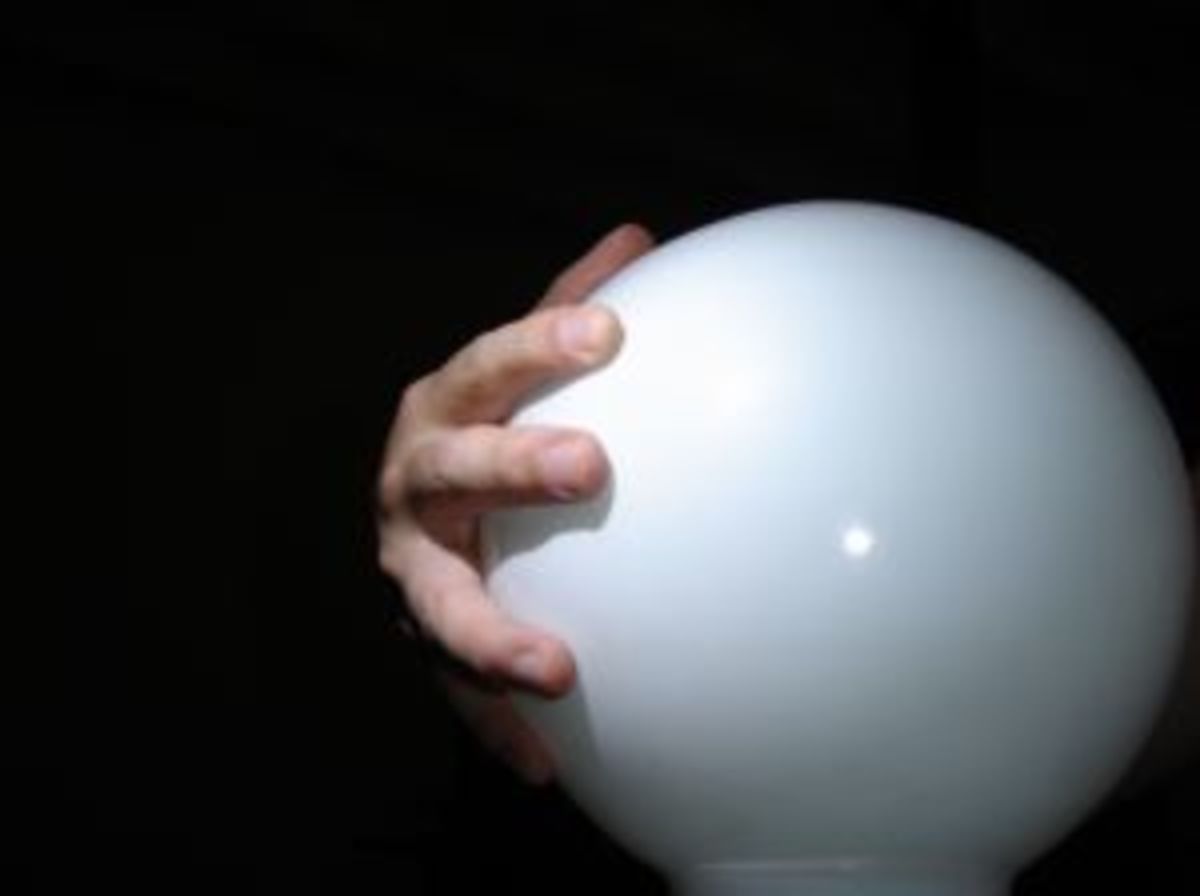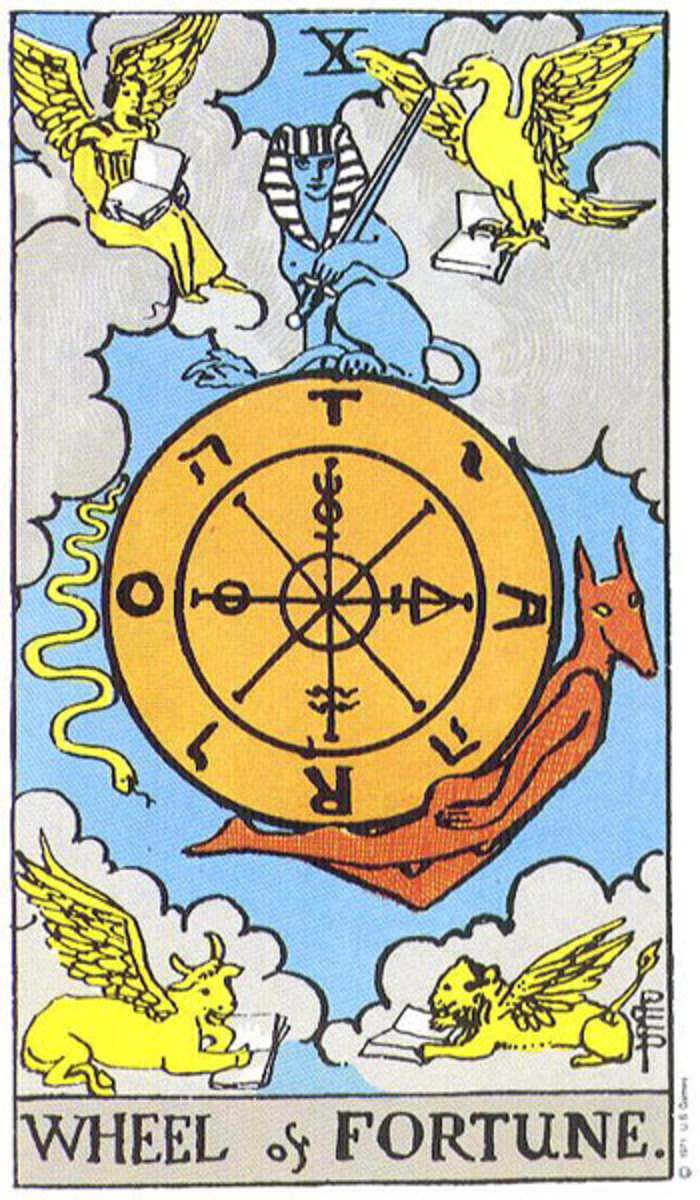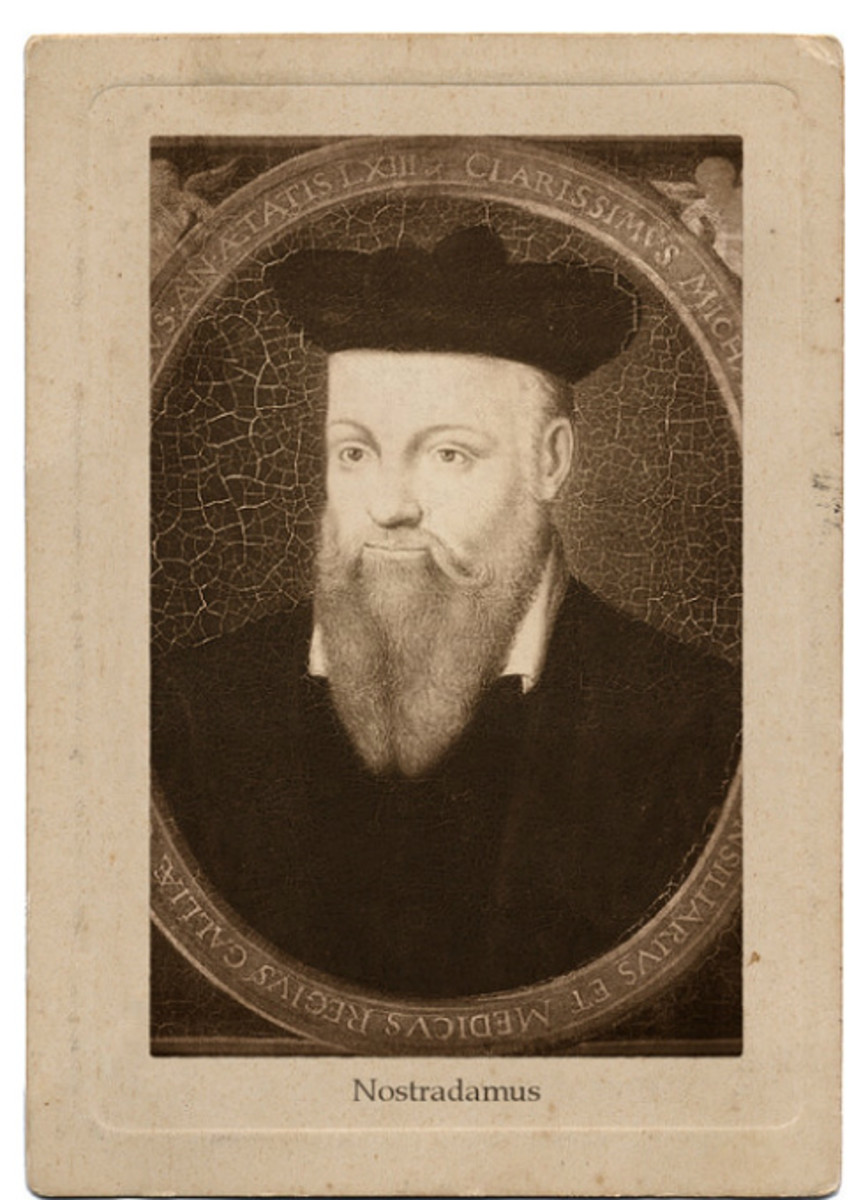Origin of Psychics and Seers
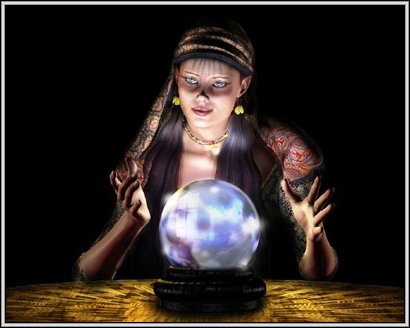
A psychic, from the Greek psychikos, means "of the mind, or mental.” It refers to a person claiming to have abilities to discern information usually hidden from normal senses through extrasensory perception (ESP). Or who is said by others to have such abilities. The term "psychic" has also become synonymous with theatrical stage magicians who use their cold and hot reading skills to produce the appearance of such abilities.
The art of divination and fortunetelling dates back to ancient times. Scholars believe the first examples of psychic abilities were performed by astrologists. Fortunetelling by individuals without the use of celestial maps and other paraphernalia became to be known by other names such as seers, prophets, psychics or clairvoyants, French for "clear sight.”
There have been many psychics, but only a few have stood the test of time. In early civilization, they often served as advisors, priests and judges. On the other hand, many were also viewed as lunatics. Later, as Christianity gained prominence, psychics were often merely tolerated. Many in the Catholic Church considered them "agents of the devil" and subjected them to extreme persecution well into the 18th century.

Edgar Cayce (1877–1945)
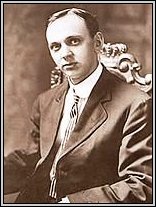
But, as societies began emerging from centuries of ignorance and superstition, some became even more skeptical. That still seems to be the case today. Generally, psychics are either accepted or discredited all together.
However, throughout history there have been prophets and seers who became famous with their psychic predictions. Daniel of the Bible interpreted King Nebuchadnezzar’s Dream. In fact, there are a number of examples included in biblical accounts. Samuel 1:9 tells of Samuel being asked to find the donkeys of future King Saul.
Another was Nostradamus whose followers say he predicted the assassination of John F. Kennedy and the French Revolution. And more recently, Edgar Cayce, who was a clairvoyant and still admired by many today. It’s said he predicted the 1929 stock market crash and the beginning of World War II.
In the mid 1800s, spiritualism became popular in both the United States and England, despite biblical warnings against such practice, with a slightly new twist…the ability to speak with spirits of the dead through a medium. One such person was Daniel D. Home during the Victorian period. He was reportedly able to levitate himself and contact the deceased.
As the spiritualist movement gained steam, some formed groups. One was the Theosophical Society, co-founded in 1875 by Helana Blavatsky (1831–1891). Theosophy was the instrument by which Eastern mysticism merged with spiritualist elements already in place.

By the late twentieth century the term psychic came to be linked with the New Age culture. Advertising for their services was common in the 1990s and for a fee readings could be made by phone, at home, fairs or virtually anyplace.
Today, there are different classifications for psychics or those who dabble in the paranormal. Here are a few:
· Animal Telepathy: Ability to communicate with animals.
· Astral Projection: Ability to transport them self in spirit form to a desired location, sometimes to a different time period.
· Aura Reading:Ability to able to see energy fields surrounding an individual, often giving insight into their very nature and character.
· Clairaudience: Ability to hear usually inaudible voices or sounds. This has enabled some psychics to receive warnings of an impending tragedy.
· Clairvoyance: Ability to mentally see events from the past, present and future.
· Telekinesis: Ability to physically move or control objects mentally.
There are many who have said psychic powers are nothing more than mere trickery. In response to these accusations the National Academy of Sciences conducted an exhaustive study on paranormal events in 1988 occurring over a 130 year period. Their conclusion was there was no scientific justification to support any parapsychological phenomena.
It would be interesting to know what Daniel would have thought about that conclusion.

